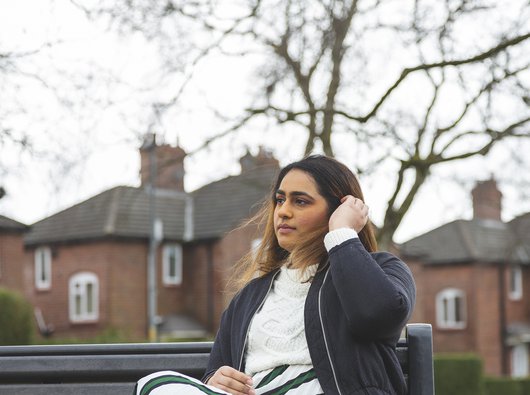Acute lymphoblastic leukaemia (ALL) treatment types and side effects
Acute lymphoblastic leukaemia (ALL) supportive care
At the same time as you’re having active treatment for your illness, you will also be offered supportive care (which is different from palliative care).
Supportive care involves help with preventing infections, blood transfusions, mouth care, dietary advice, pain management and dealing with complications you may get from acute lymphoblastic leukaemia (ALL) and its treatment.
Here are some examples of supportive care you might be offered while you have active treatment:
When leukaemia cells are destroyed, they release a chemical called uric acid, which can damage the kidneys. Drugs called allopurinol and rasburicase can help. It’s also important to drink plenty of fluids to reduce the risk of kidney problems.
At the start of active treatment, the main side effect is that you produce fewer blood cells. This is known as bone marrow suppression. This can result in a low platelet count, which can lead to heavy bleeding. A platelet transfusion can help to protect you against this.
Another result of bone marrow suppression is low levels of a protein called haemoglobin, which can cause anaemia. This can make you feel tired and out of breath, but regular blood transfusions can help.
Because ALL and its treatment reduce your white blood cell count, you’ll be more vulnerable to infections. So your healthcare team will take care to protect you from infection at all times. They will give you an antibiotic to lower your risk of getting pneumonia (a serious chest infection), and a drug called acyclovir to stop you getting shingles, a virus that affects the skin around a nerve.
You may also be offered a treatment called a growth factor (commonly known as G-CSF). This stimulates your bone marrow to make more white blood cells called neutrophils and helps you to recover from the effects of treatment.
Information for young adults
For young adults with leukaemia, lymphoma or any blood cancer type. Your guide to treatment, side effects, coping with emotions, friends and work or study.

Read more about managing infection and other forms of supportive care. We also have separate information on blood transfusions.
